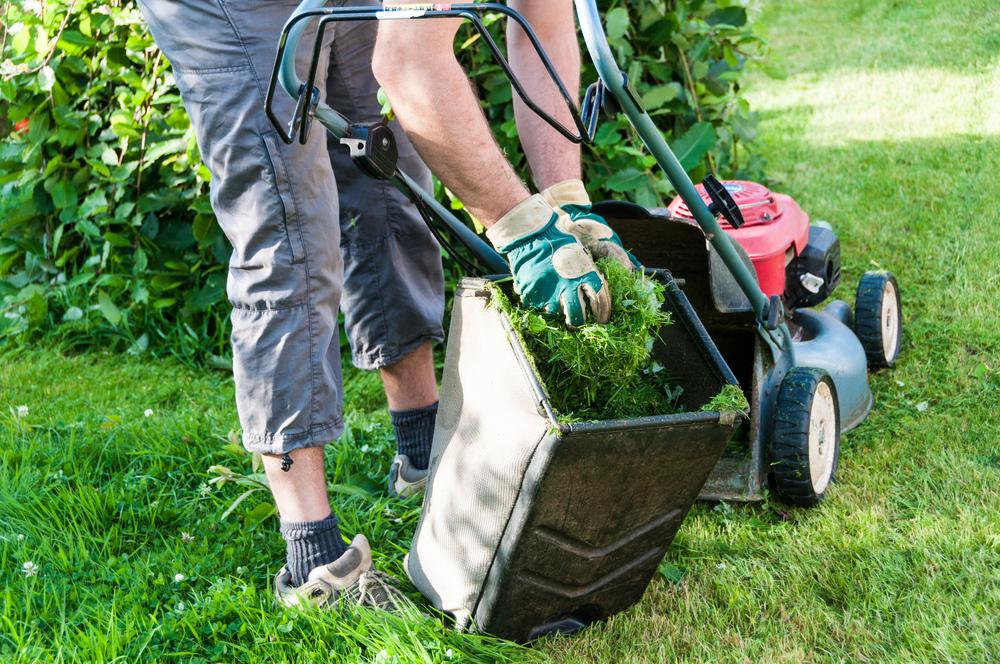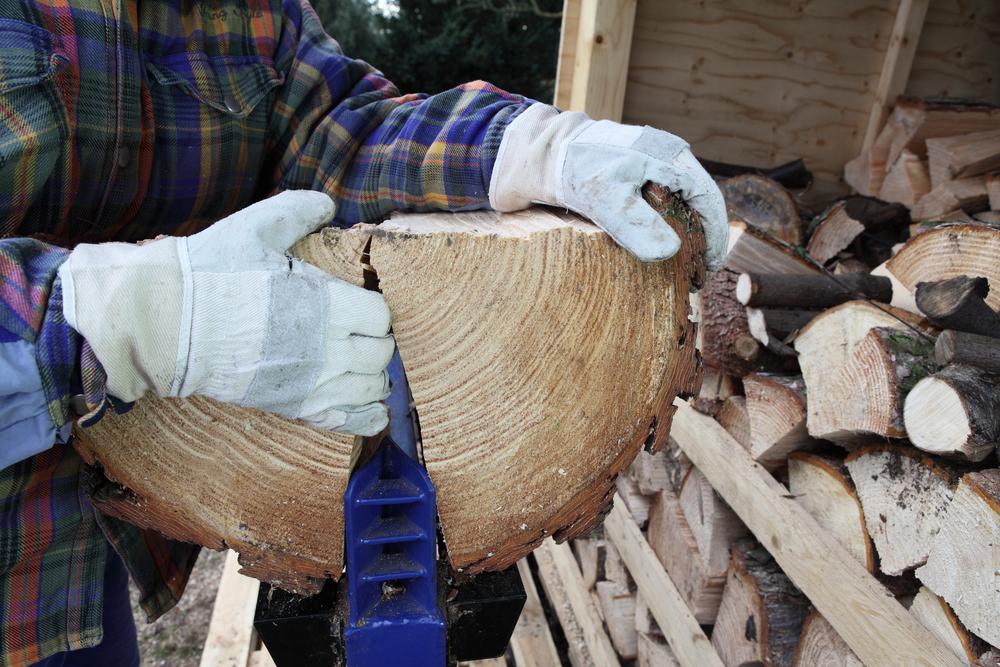Top Tips for Optimizing Your Garden Waste Shredder Performance
Learn essential tips to enhance the safety, efficiency, and longevity of your garden shredder. Proper maintenance, waste sorting, protective gear, and safe operation practices help you make the most of this versatile gardening tool, reducing waste and creating valuable compost effortlessly.

Top Tips for Optimizing Your Garden Waste Shredder Performance
Garden shredders are essential tools for recycling hedge clippings, fallen leaves, and grass trimmings, helping cut waste disposal costs while creating nutrient-rich mulch and compost. Different models, including roller, disc, and drum types, are available. To operate your shredder safely and effectively, follow these key tips:
Blade Care: Keeping blades sharp and clean prolongs their efficiency.
Sharpen blades regularly by shredding fresh, tender material after pruning for easier processing and compost quality.
Avoid mixing wet sappy waste with dry materials to prevent blockages.
Clean blades after each use to remove debris and buildup.
Check for stones or foreign objects that can dull blades or cause damage.
Ensure branches are within the shredder’s maximum size capacity.
Waste Management: Sorting waste into separate piles—such as leafy composting material, mulch for plants, and woody debris—streamlines processing and future use.
Prevent Overloading: Avoid overfeeding the shredder to reduce jams and overheating. Use a stick to push softer materials and listen for engine sounds indicating excess strain. Feed thicker branches at the sturdier end first to prevent blockages.
Proper Attire: Wear fitted clothing and avoid loose garments or jewelry that could get caught in moving parts for safety.
Protective Gear: Always use gloves when handling debris, and never put hands near the outlet. Use tools or sticks for clearing blockages.
Eye and Hearing Protection: Wear safety goggles to defend against flying debris and ear protectors if operating in loud environments.
Respiratory Safety: Use a dust mask while loading to avoid inhaling dust, pollen, or spores. Consider medications or rinses for allergy relief if needed.


